Sensible Taxes and Regulation
DEVELOPING SENSIBLE TAX & REGULATORY POLICY SOLUTIONS
A sensible tax policy and regulatory environment encourages investments in managing and maintaining healthy forests while growing local communities.
GFA advocates for tax policies that accounts for the long-term nature of timberland investments while ensuring a sensible, research based approach to regulation of working forests and forest product manufacturing.
PRIORITY ISSUES
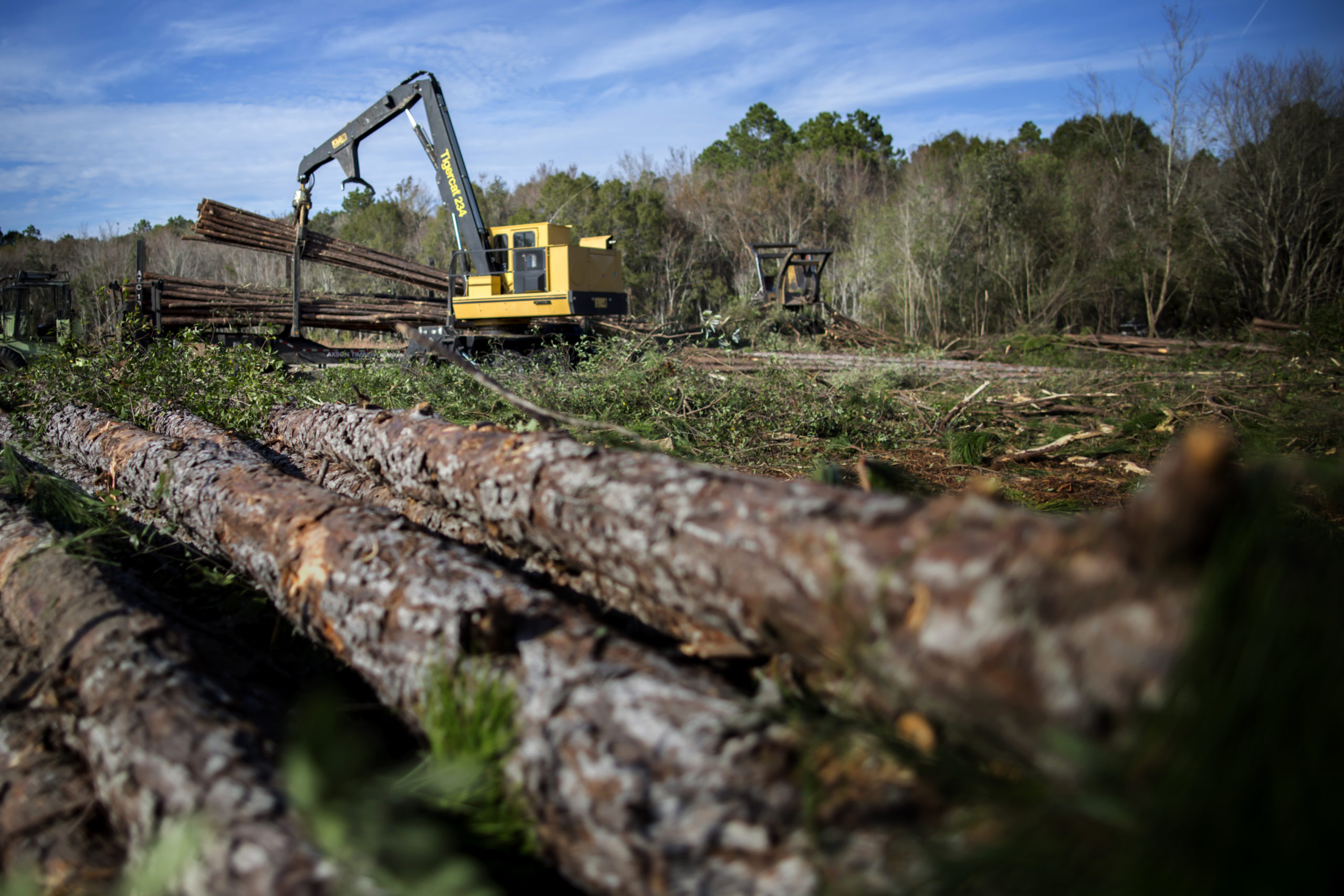
Referendum A: Vote 'YES' to Support Small Forestry Businesses
GFA championed the passage of HB 997 during the 2022 Legislative Session. This November, Georgia voters will have the opportunity to approve an annual ad valorem tax exemption for equipment used in reforestation, timber harvesting and production. If approved, this exemption will support a critical sector of Georgia's forest product supply chain that is driving rural economies across the state. Learn more about GFA's campaign and how you can get involved below.
LETSGROWGEORGIA.ORG
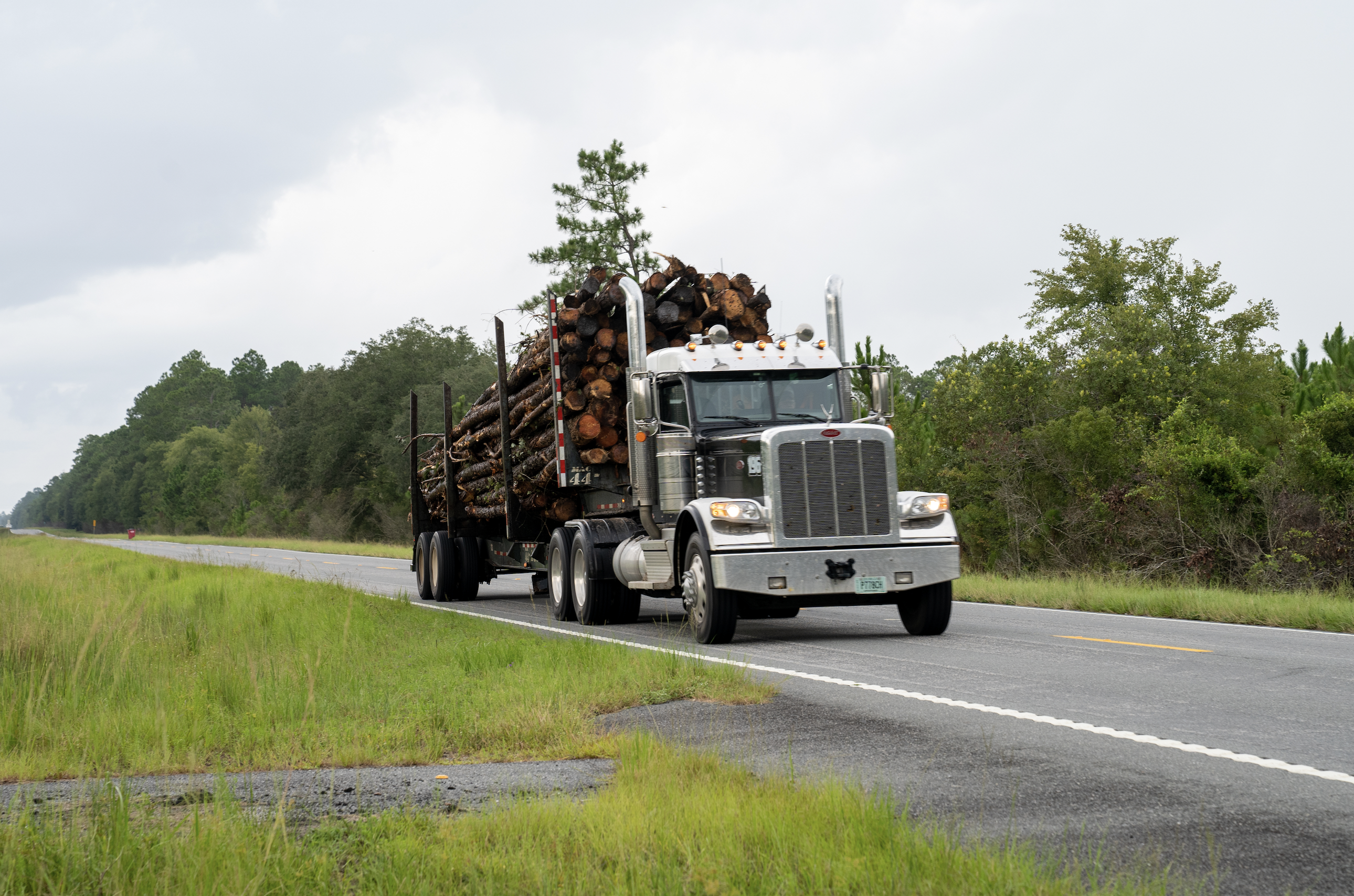
Addressing Georgia's Supply Chain Constraints
Continued economic pressure from inflation and strained labor markets are increasing the consumer costs for paper and lumber, resulting in homebuilding delays, shipping constraints and manufacturing job loss. This is compounded by Georgia having the lowest legal haul weights in the U.S. South and the highest costs for insuring logging trucks in the U.S. South. GFA will continue to champion policy to address challenges for this critical sector of the forestry supply chain.
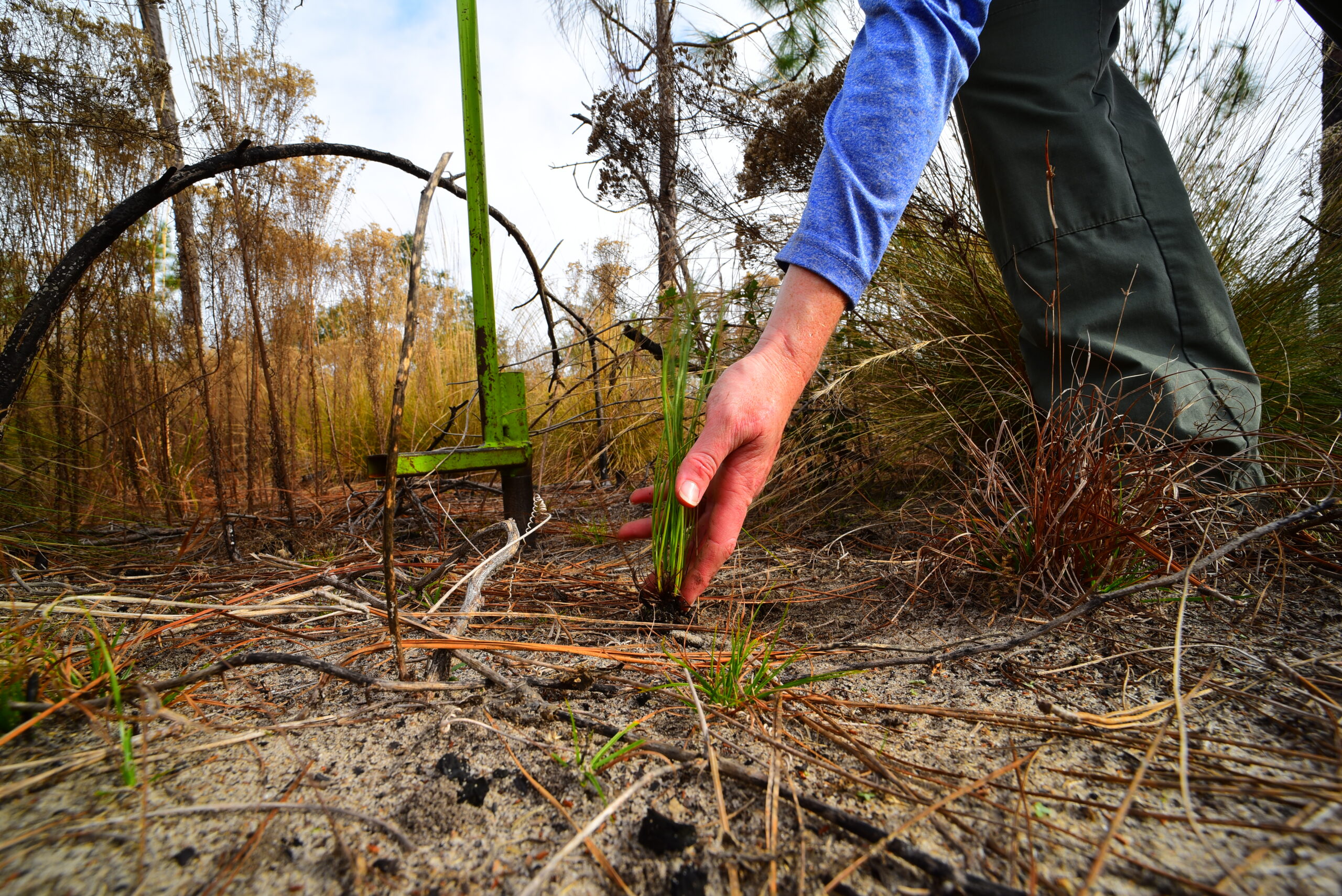
Restoring Fairness to Timber Harvest Taxation
Timber is the only agricultural or mining commodity in Georgia that is subject to a harvest (or “severance”) tax. In addition, it is taxed based on 100% of its value, instead of 40% of its value like other real property (i.e. homes, buildings, land, etc.). GFA will champion legislation in the 2022 Legislative Session to bring more fairness and equality to the taxation of harvested trees.
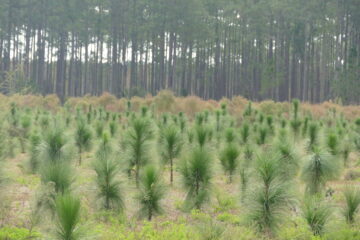
Qualified Timberland Property Definitions
House Bill 282 makes critical improvements to the Qualified Timberland Properties (QTP) Program to the benefit of forest landowners across the state by ensuring the rules and regulations for the program align with legislative intent when it was created in 2018.
HB 282 Issue Brief

Addressing Legal Implications of Outdated Bankruptcy Law
House Bill 90 provides critical legal certainty for consuming mills to be able to continue purchasing timber without the need to conduct a title search on every load. Without this legislation, it is likely that the entire timber supply chain in Georgia would have been restructured with considerable costs to wood dealers, loggers, and mills.
HB 90 ISSUE BRIEF
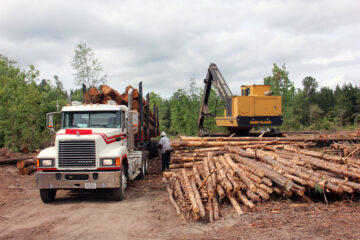
Timber Harvest Notification Reform
GFA developed HB 897, sponsored by Rep. James Burchett, which provides more uniformity in timber harvest notification process, improving the efficiency of harvesting and logistics operations across Georgia.
HB 897 Issue Brief
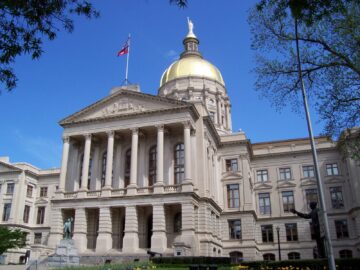
Addressing Attorney’s Fees in Landowner Appeals Cases
GFA advocated for the passage of SB 410, sponsored by Sen. John Kennedy, that closed a loophole used by county boards of assessors to allow local tax assessors to appeal unfavorable rulings for them at the board of equalization to the superior court simply for the purpose of avoiding having to pay attorney’s fees.
SB 410 Bill Text
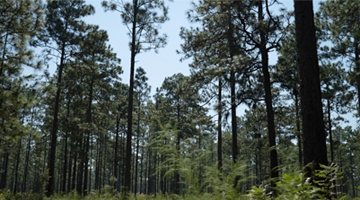
Ensuring Fair Timberland Ad Valorem Taxation
GFA worked to pass Amendment 3, a statewide constitutional amendment focused on providing more fairness and equality in the valuation of timberland.
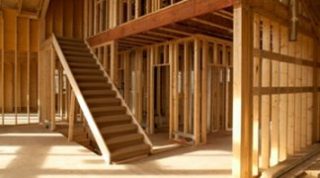
Ending Local Lumber Bans
Successful passage of House Bill 876 helped to end the practice of local government’s banning the use of wood in construction.
Contact
If you have any questions about issues related to Sensible Tax and Regulation, please contact us.


